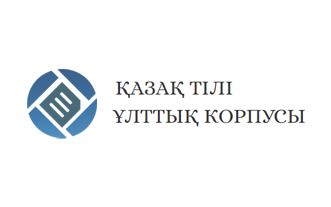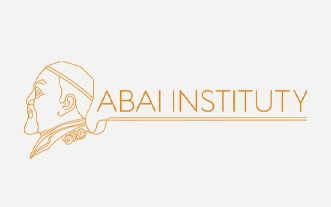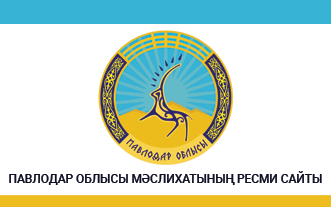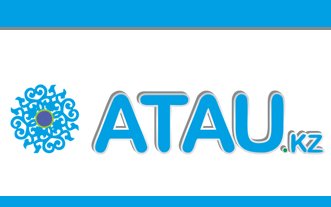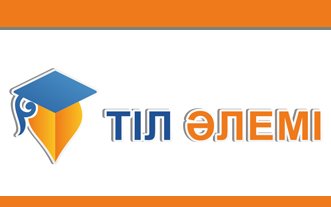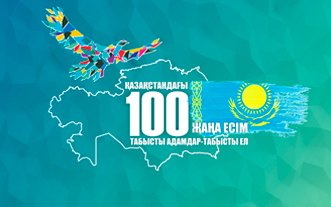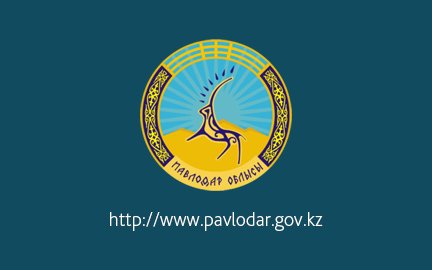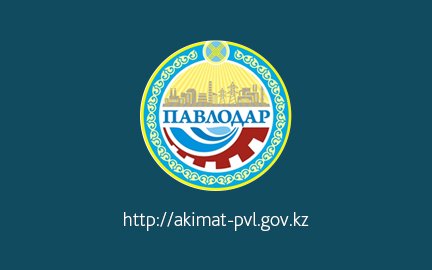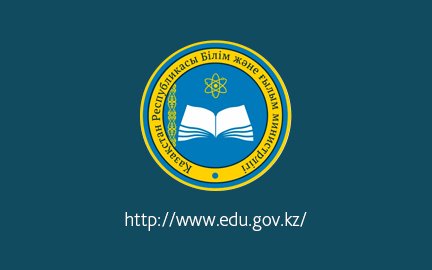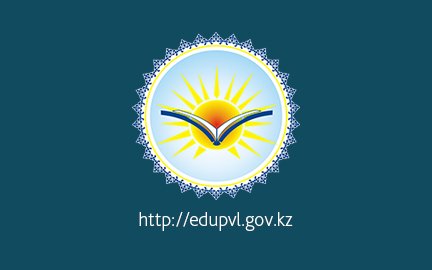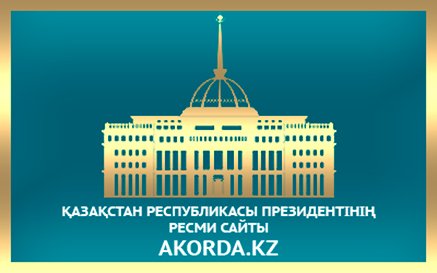Akhmet Baitursynov (Kazakh: Ahmet Baıtursynuly; Russian: Ахмет Байтурсынов) (January 28, 1873 — December 8, 1937) was a Kazakh intellectual who worked in the fields of politic, poetry, linguistics and education.
Baitursynov was born in what is today Kostanay Region, and was educated at the Orenburg Teachers' School. After graduating in 1895, Baitursynov held teaching positions in a number of cities in Kazakhstan, including Aktobe, Kostanay and Karkaralinsk.
The same year as his graduation, Baitursynov published his first article, "Kirgizskie primety i poslovitsy" ("Kazakh Omens and Proverbs") in a regional newspaper. While living in Ural city in 1905, he collaborated with other Kazakhs to form the Kazakh wing of the Constitutional Democrat Party. His involvement in politics probably led to his 1909 arrest and exile from the Steppe regions. After being exiled, he went to Orenburg.
During his exile, he wrote articles for Ay Qap. He also served as the chief editor of Qazaq, the Kazakh newspaper there, and published "Qyryq Mysal" ("Forty Proverbs").[citation needed] His other significant publication of this time was a Kazakh translation of Ivan Krylov's fables. In 1911, Baytursinuli published his first work of a distinctly political nature — Masa ("Mosquito").
When the Russian Revolution of 1917 occurred, Baytursinuli returned to the steppes and began to work with the Alash Orda political party. With them, he fought for the Kazakhs to have an independent state. He began to work with the Bolsheviks in 1920 when they established their dominance over the region. He served as a Member of the Committee of Deputies of the Constituent Assembly and as Deputy Chairman of the Revolutionary Committee of the Kazakh Krai, as well as Commissioner of Enlightenment. In these capacities, he helped to reform education and to establish the first university in Kazakhstan.
Another of Baitursynov's significant accomplishments was his adaptation of Arabic script for the Kazakh alphabet.
In 1937, during the Great Purge, Baitursynov was arrested for hiding "bourgeois nationalist sentiments" and summarily executed. This had resulted in an outcry, which was quickly and bloodily silenced. To this day, he is held in great regard in Kazakhstan, but is viewed as somewhat tragic figure, signifying the extent of the numbers of authors, poets and thinkers who have perished due to the Soviet repressions. A museum in honour of Baitursynov was established in one of his former residences in Alma-Ata, and a number of streets were renamed in his memory across Kazakhstan. A statue of the thinker is also to be found in the town of Kostenay.
Baitursynov's work is part of the curriculum for high school education system of Kazakhstan.
The wife of the leader of the Kazakh national liberation movement Badrisafa Muhamedsadykkyzy made a heroic deed in the name of love and affairs of her husband, going through arrests and deportations. Her life ended tragically. Separated from her children, laments the death of her husband and last days of her life she spent at nursing home near Kostanay. According to the guides’ review, visitors stay for a long time looking at the archival photographs and documents of A. Baitursynov. Perhaps, they think of what a genius lost has our science, politics and society. Real name of Baitursynov’s wife is Alexandra Ivanovna. She lived and worked as a teacher in the Kazakh-Russian school in a hundred kilometers from Kostanay. Stories about this amazing, soft, modest, and at the same time a strong spirit companion genius of the Kazakh people are still word of mouth transmitted among people.
Kostanai State University in 1996 by the Act of the Government of the Republic of Kazakhstan was named after Akhmet Baitursynov, and the museum opened two years later – in 1998 in honour of the 125th anniversary of the birth of Baitursynov.
In 2003, the museum celebrated a little anniversary – its fifth anniversary. During this time, there appeared about 1,500 exhibits telling about the life of an outstanding, talented man – Akhmet Baitursynov.
The museum is living a full life: people from near and far abroad come here. The book of reviews contains a lot of grateful words to the founders of the museum, as well as the KSU Rector Aldamzhar Z.A., Valiyev H.H., Nametov A.M.









